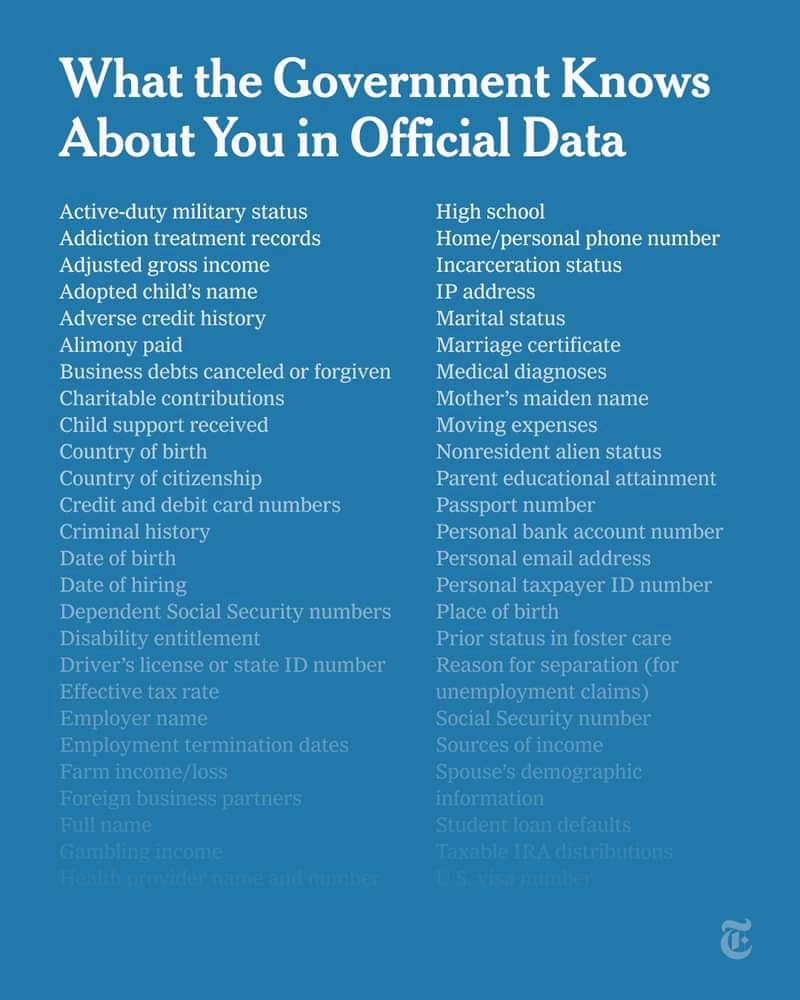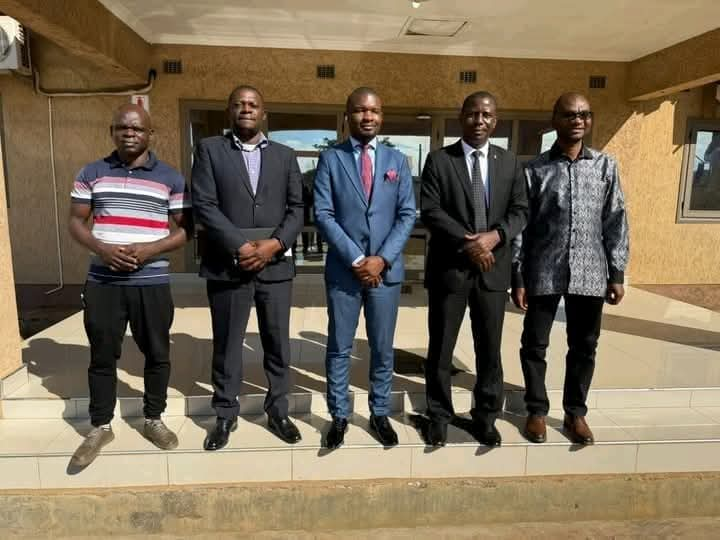By Burnett Munthali
The federal government knows your mother’s maiden name, your bank account number, the student debt you hold and more.
This extensive data collection has raised concerns about the power of government agencies and their ability to track personal information on an unprecedented scale.
President Trump and Elon Musk are at the forefront of attempts to merge these records, creating a new potential for connecting disparate pieces of information about individuals.
Their efforts highlight the growing intersection between private tech companies and government institutions in shaping how personal data is collected and used.
This collaboration could lead to the formation of a massive data trove about Americans, one that the government has never had access to before.
The implications of this shift are vast, as such a database could alter the way citizens are surveilled, categorized, and even controlled in the future.
While some argue that the merging of these records could enhance national security or improve public policy decisions, others worry about privacy rights and the potential for misuse of this data.
The discussion surrounding these developments invites a broader conversation about the balance between technological advancement and the preservation of civil liberties.
As the lines between private companies and government entities continue to blur, questions arise about accountability, transparency, and the long-term consequences of creating such an extensive surveillance network.
The future of data privacy in America seems to hinge on how these efforts unfold, raising critical issues about who controls the data and how it will be used to shape the society of tomorrow.




